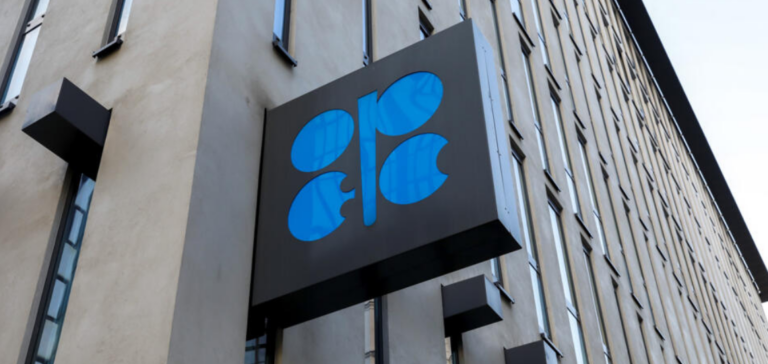The next OPEC+ meeting will take place on November 26, against a backdrop of high market volatility and armed conflicts in Europe and the Middle East. This situation exposes the organization’s African members to serious challenges, particularly in the face of proposals to reduce their production quotas. At the June meeting, tense discussions led to an agreement to reduce the 2024 quotas for African countries, unless they could demonstrate increased production capacity.
Africa’s production challenges and their impact on OPEC+.
Historically influential within OPEC, African members such as Nigeria, Angola and others have seen their role weakened by falling oil production. Aging, under-invested fields, operational problems and crude oil theft, particularly in Nigeria, have led to production levels well below OPEC quotas. This drop in production poses a major challenge as these countries try to maintain their influence within the organization.
Competition in the Asian market and its consequences
African OPEC+ countries are also facing increased competition for market share in Asia. The fall in Russian oil prices following Western sanctions after the invasion of Ukraine has exacerbated this competition, putting further pressure on these African countries already grappling with domestic production challenges.
The Implications of Quota Reductions for Market Stability
Decisions on production quotas will have important implications for the stability of the global oil market. The quota cuts planned for African countries, if implemented, could not only affect the economies of these nations but also influence the overall balance of supply and demand on the oil market.
The upcoming OPEC+ meeting is therefore crucial for the African members, who face tough decisions on their production quotas. These decisions could determine not only the economic future of these countries, but also their position and influence within the world oil organization.
The OPEC+ meeting promises to be crucial for African members, faced with production challenges and increased competition. The decisions taken will have far-reaching implications, not only for these countries, but also for the stability of the global oil market.






















